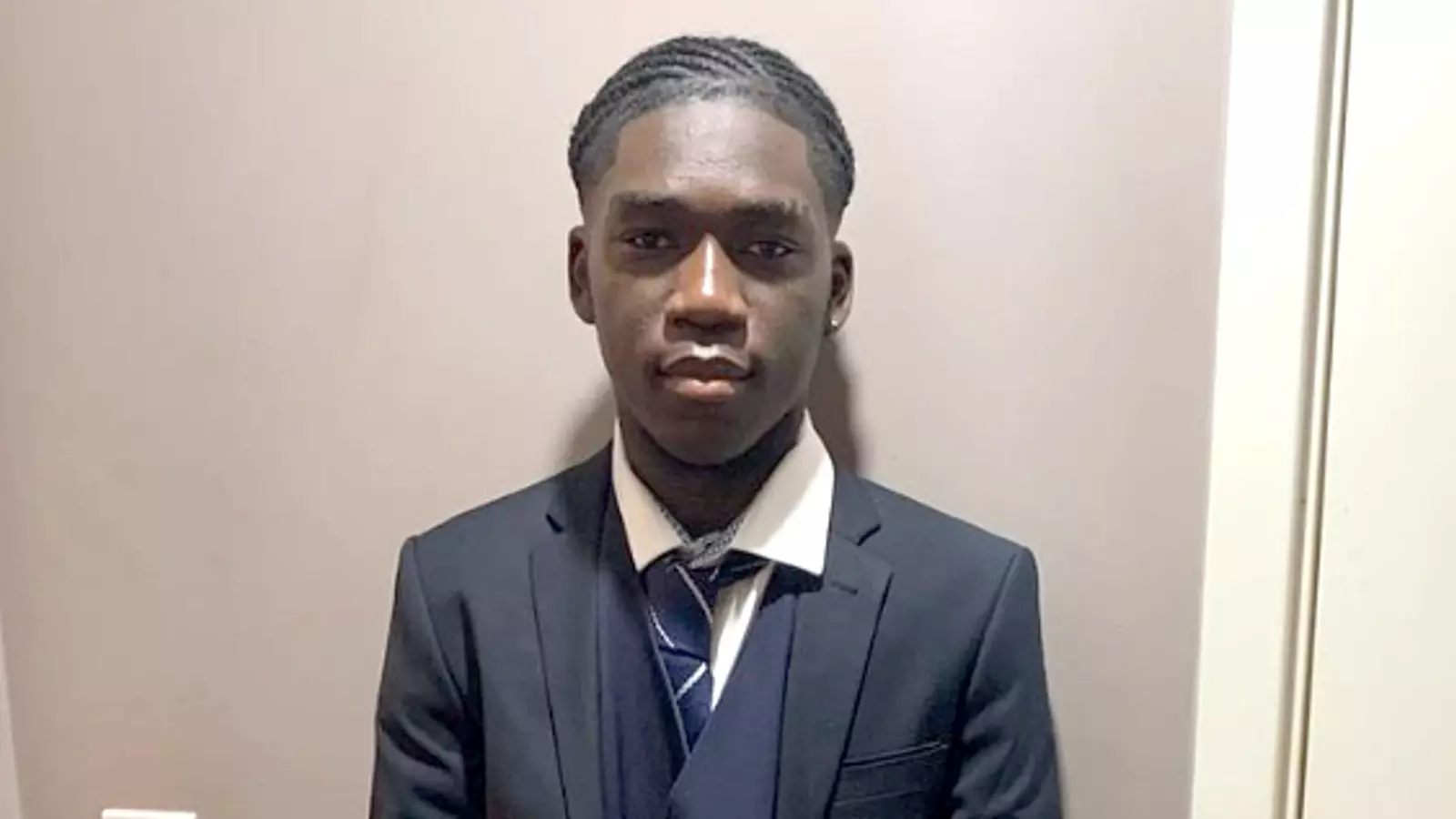An incident involving an 18-year-old Briton, Marcus Fakana, has caught the attention of both the media and legal observers after he was sentenced to a year in prison while vacationing in Dubai. This situation raises several key issues, including the clashing of cultural norms, the responsibilities of governments toward their citizens abroad, and the complexities of legal systems that may seem foreign to many.
Fakana’s story began innocently enough as a “holiday romance,” developing between him and a 17-year-old girl, also from London. The couple’s affection blossomed under the sun-drenched skies of UAE, but it soon unraveled as their relationship came to the attention of the girl’s family and subsequently, local authorities. The incident serves as a piercing reminder of the strict laws that govern morality in the UAE, where the age of consent is firmly set at 18, and any perceived transgression can lead to serious consequences.
Legal Implications and International Reactions
After the girl’s mother discovered the nature of their relationship upon returning to the UK, she reported the incident to Dubai police. This action spiraled into an arrest that not only shocked Fakana but also left him grappling with the judicial system of a country that operates under fundamentally different legal principles than those in the UK. Advocates for Fakana and his family, including Radha Stirling, head of the campaign group Detained In Dubai, have voiced their concerns about the fairness of the prosecution. They assert that initial mishandling of the case prevented it from being categorized as a mere misdemeanour, exacerbating the severity of the charges against him.
Despite the clear distress surrounding his legal predicament, Fakana’s family have felt abandoned by British authorities, prompting them to engage Foreign Secretary David Lammy for assistance. The UK’s Foreign Office has acknowledged the situation, expressing their ongoing communication with the family, but the depth of their support remains under scrutiny.
This entire ordeal isn’t merely a legal clash; it represents a broader cultural divide. Dubai is known for its stringent laws concerning drugs, alcohol, and sexual behaviour, which are often at odds with the more liberal attitudes prevalent in the UK. Understanding these cultural nuances is crucial for anyone traveling to or living in the UAE, though such awareness often comes too late in scenarios like Fakana’s.
Moreover, this case opens up a dialogue about the responsibilities of governments to protect their citizens abroad. Many Britons traveling or living within foreign jurisdictions may not fully comprehend the local laws or assume that their own country’s diplomatic support will ensure their safety in times of trouble. The complexities surrounding international law and the limitations faced by embassies can often lead to challenging situations, as exemplified by similar cases of individuals facing legal issues in Dubai.
As Marcus Fakana prepares to appeal his sentence, it remains to be seen how his case will unfold in the face of both legal challenges and public opinion. His ordeal sheds light on the vital need for awareness of local laws when traveling abroad. Additionally, it adds pressure on governments to advocate for their citizens caught in unexpected legal challenges in foreign lands. With a growing number of similar cases emerging, this incident highlights the urgency of addressing cultural divides and the protections needed for individuals who find themselves navigating foreign legal systems.

Leave a Reply